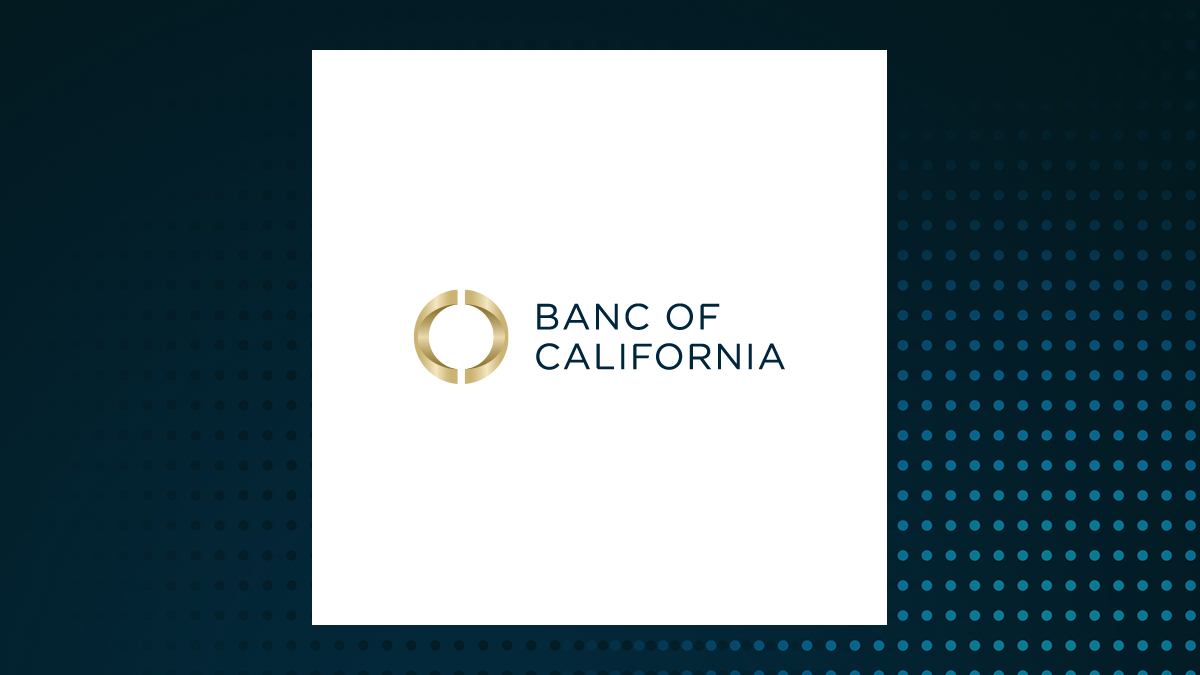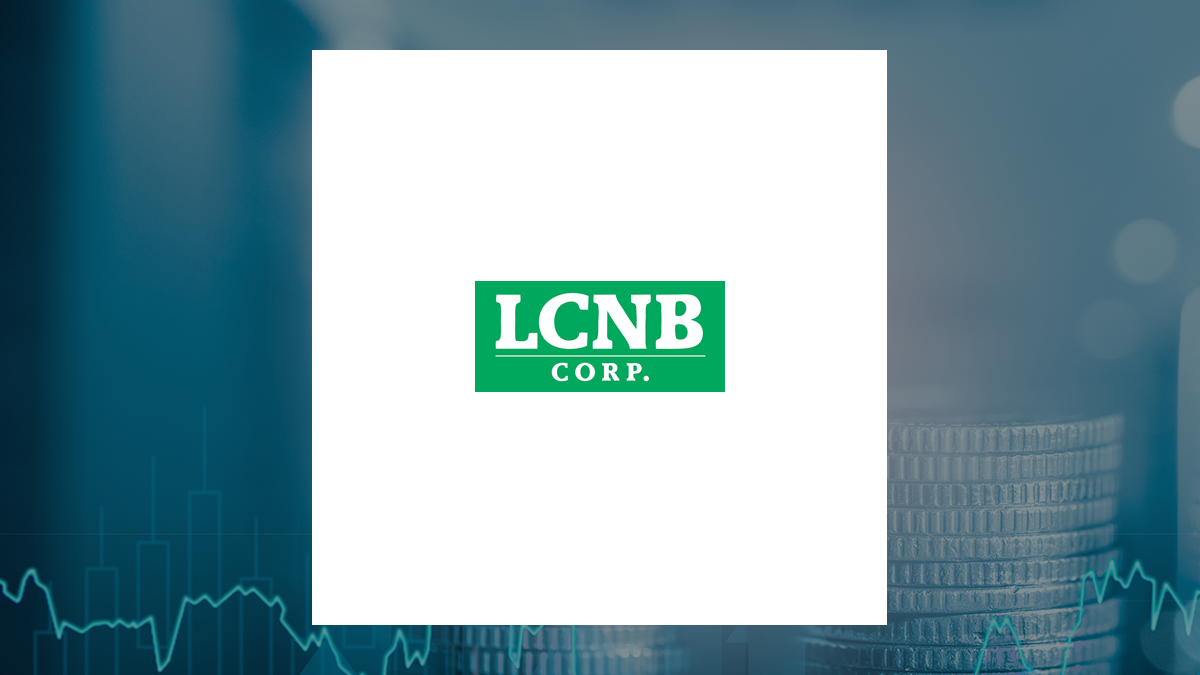Banc of California (NYSE:BANC – Get Free Report) and LCNB (NASDAQ:LCNB – Get Free Report) are both finance companies, but which is the superior stock? We will compare the two companies based on the strength of their earnings, risk, institutional ownership, valuation, analyst recommendations, dividends and profitability.
Institutional & Insider Ownership
86.9% of Banc of California shares are owned by institutional investors. Comparatively, 34.7% of LCNB shares are owned by institutional investors. 7.4% of Banc of California shares are owned by company insiders. Comparatively, 5.8% of LCNB shares are owned by company insiders. Strong institutional ownership is an indication that endowments, large money managers and hedge funds believe a stock is poised for long-term growth.
Earnings and Valuation
This table compares Banc of California and LCNB”s top-line revenue, earnings per share and valuation.
| Gross Revenue | Price/Sales Ratio | Net Income | Earnings Per Share | Price/Earnings Ratio | |
| Banc of California | $472.31 million | 5.22 | -$1.90 billion | ($4.27) | -3.63 |
| LCNB | $76.65 million | 2.75 | $12.63 million | $0.51 | 29.29 |
Analyst Recommendations
This is a summary of current ratings for Banc of California and LCNB, as provided by MarketBeat.com.
| Sell Ratings | Hold Ratings | Buy Ratings | Strong Buy Ratings | Rating Score | |
| Banc of California | 0 | 4 | 6 | 0 | 2.60 |
| LCNB | 0 | 1 | 0 | 0 | 2.00 |
Banc of California currently has a consensus target price of $17.80, suggesting a potential upside of 14.76%. LCNB has a consensus target price of $16.25, suggesting a potential upside of 8.77%. Given Banc of California’s stronger consensus rating and higher probable upside, research analysts clearly believe Banc of California is more favorable than LCNB.
Risk and Volatility
Banc of California has a beta of 1.14, meaning that its share price is 14% more volatile than the S&P 500. Comparatively, LCNB has a beta of 0.77, meaning that its share price is 23% less volatile than the S&P 500.
Dividends
Banc of California pays an annual dividend of $0.40 per share and has a dividend yield of 2.6%. LCNB pays an annual dividend of $0.88 per share and has a dividend yield of 5.9%. Banc of California pays out -9.4% of its earnings in the form of a dividend. LCNB pays out 172.5% of its earnings in the form of a dividend, suggesting it may not have sufficient earnings to cover its dividend payment in the future.
Profitability
This table compares Banc of California and LCNB’s net margins, return on equity and return on assets.
| Net Margins | Return on Equity | Return on Assets | |
| Banc of California | -20.75% | 2.93% | 0.24% |
| LCNB | 5.88% | 6.39% | 0.67% |
Summary
Banc of California beats LCNB on 9 of the 16 factors compared between the two stocks.
About Banc of California
 Banc of California, Inc. operates as the bank holding company for Banc of California that provides various banking products and services in California. The company offers deposit products, such as checking, savings, money market, demand, and time deposits; certificates of deposit; retirement accounts; and safe deposit boxes. It also provides real estate loans to professional developers and real estate investors for the acquisition, construction, refinancing, renovation, and on-going operation of commercial real estate properties; commercial real estate mortgage, residential real estate mortgage, and real estate construction and land loans; commercial loans and leases, such as equipment finance, other asset-based, venture capital, secured business, warehouse, and other lending services; small business administration loans; and consumer loans comprising personal, auto, and other loans, as well as home equity and revolving lines of credit. In addition, the company offers international banking, multi-state deposit, and asset and investment management services, as well as cash and treasury management services; and online, mobile, remote deposit, and telephone banking services. It serves small and middle-market businesses, venture capital firms, non-profit organizations, business owners, entrepreneurs, professionals, and high-net worth individuals. Banc of California, Inc. was founded in 1941 and is headquartered in Los Angeles, California.
Banc of California, Inc. operates as the bank holding company for Banc of California that provides various banking products and services in California. The company offers deposit products, such as checking, savings, money market, demand, and time deposits; certificates of deposit; retirement accounts; and safe deposit boxes. It also provides real estate loans to professional developers and real estate investors for the acquisition, construction, refinancing, renovation, and on-going operation of commercial real estate properties; commercial real estate mortgage, residential real estate mortgage, and real estate construction and land loans; commercial loans and leases, such as equipment finance, other asset-based, venture capital, secured business, warehouse, and other lending services; small business administration loans; and consumer loans comprising personal, auto, and other loans, as well as home equity and revolving lines of credit. In addition, the company offers international banking, multi-state deposit, and asset and investment management services, as well as cash and treasury management services; and online, mobile, remote deposit, and telephone banking services. It serves small and middle-market businesses, venture capital firms, non-profit organizations, business owners, entrepreneurs, professionals, and high-net worth individuals. Banc of California, Inc. was founded in 1941 and is headquartered in Los Angeles, California.
About LCNB
 LCNB Corp. operates as the financial holding company for LCNB National Bank that provides banking services in Ohio. Its deposit products include checking accounts, demand deposits, savings accounts, NOW and money market deposits, as well as individual retirement accounts and time certificates. The company's loan products comprise commercial and industrial, commercial and residential real estate, agricultural, construction, and small business administration loans; and residential mortgage loans that consists of loans for purchasing or refinancing personal residences, home equity lines of credit, and loans for commercial or consumer purposes secured by residential mortgages. It offers consumer loans, such as automobile, recreational vehicles, boat, home improvement, and personal loans. In addition, the company provides trust administration, estate settlement, and fiduciary services; and investment management services for trusts, agency accounts, individual retirement accounts, and foundations/endowments. Further, it offers investment services and products, including financial needs analysis, mutual funds, securities trading, annuities, and life insurance; and security brokerage services. Additionally, the company provides safe deposit boxes, night depositories, cashier's checks, bank-by-mail, ATMs, cash and transaction services, debit cards, wire transfers, electronic funds transfer, utility bill collections, notary public service, cash management services, telephone banking, PC Internet banking, mobile banking, and other services for individuals and businesses. LCNB Corp. was founded in 1877 and is headquartered in Lebanon, Ohio.
LCNB Corp. operates as the financial holding company for LCNB National Bank that provides banking services in Ohio. Its deposit products include checking accounts, demand deposits, savings accounts, NOW and money market deposits, as well as individual retirement accounts and time certificates. The company's loan products comprise commercial and industrial, commercial and residential real estate, agricultural, construction, and small business administration loans; and residential mortgage loans that consists of loans for purchasing or refinancing personal residences, home equity lines of credit, and loans for commercial or consumer purposes secured by residential mortgages. It offers consumer loans, such as automobile, recreational vehicles, boat, home improvement, and personal loans. In addition, the company provides trust administration, estate settlement, and fiduciary services; and investment management services for trusts, agency accounts, individual retirement accounts, and foundations/endowments. Further, it offers investment services and products, including financial needs analysis, mutual funds, securities trading, annuities, and life insurance; and security brokerage services. Additionally, the company provides safe deposit boxes, night depositories, cashier's checks, bank-by-mail, ATMs, cash and transaction services, debit cards, wire transfers, electronic funds transfer, utility bill collections, notary public service, cash management services, telephone banking, PC Internet banking, mobile banking, and other services for individuals and businesses. LCNB Corp. was founded in 1877 and is headquartered in Lebanon, Ohio.
Receive News & Ratings for Banc of California Daily - Enter your email address below to receive a concise daily summary of the latest news and analysts' ratings for Banc of California and related companies with MarketBeat.com's FREE daily email newsletter.
